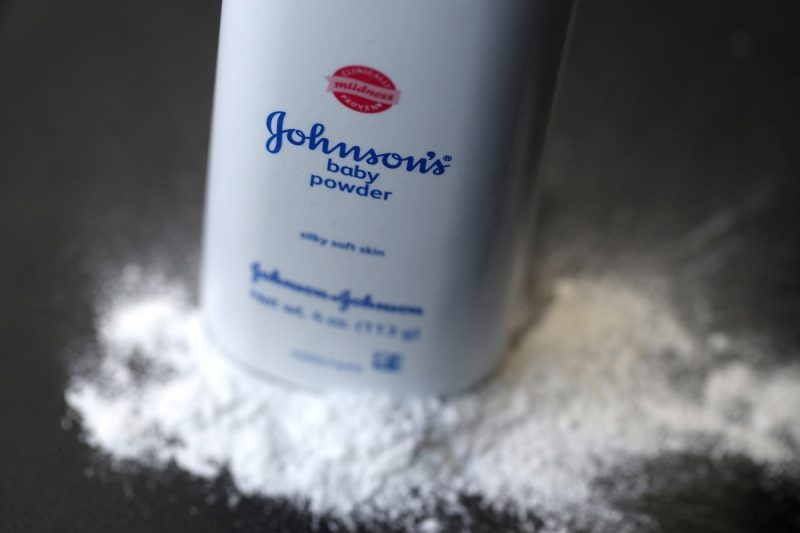Johnson & Johnson has agreed to pay $6.5 billion in order to settle nearly all of the ovarian cancer lawsuits in the United States that have been linked to its talcum powder products. This decision, announced last week, seeks to resolve over 38,000 cases, marking a milestone in the firm’s ongoing litigation history related to its talc products.
According to court filings, the multinational corporation, known for its baby care products as well as medical devices, has faced a series of lawsuits for allegedly causing ovarian cancer in women who used its talcum powder products. The debate surrounding the safety of the company’s talc products started a few years ago when scientific studies suggested a potential link between the powder and ovarian cancer. Critics and claimants argued that the company knew about the potential risks of talc but continued to market its products without adequate warnings.
Johnson & Johnson, however, has consistently maintained its stance that its talc-based products are safe and do not have the propensity to cause ovarian cancer. Furthermore, the company emphasized that its products have always complied with the highest health and safety standards.
Even though the legal saga has been ongoing, the financial commitment Johnson & Johnson has now made is significant. The proposed amount is more than double what the company had previously set aside for the litigation cases. This appears to be part of an effort to remove the cloud of uncertainty that has been hovering over Johnson & Johnson due to these lawsuits.
While this agreement marks a considerable shift in the company’s legal strategy, it follows a pattern of settling charges rather than contesting them in court. Prior to this settlement, Johnson & Johnson had been involved in periodic rounds of talks, mediations, and litigations to solve the issue. The agreement to pay $6.5 billion could serve as a strategy to minimize the risk of losing more money in future trials.
However, the settlement is not an admission of guilt. As part of the agreement, the company maintains that it has not done anything wrong, noting that it is entering into this settlement solely for the purpose of moving past the lawsuits. This way, Johnson & Johnson aims to avoid further trials and the accompanying negative publicity that has considerably tarnished its reputation.
The agreement marks one of the largest settlements in U.S. history involving a consumer product. It points to an emerging acknowledgement from the business community that companies may need to bear substantial financial burdens when their products are linked to potential health risks, regardless of whether or not the companies themselves believe they are culpable.
In the wake of the announcement, the company’s shares increased, reflecting investor relief over the company’s decision to resolve the majority of talc-related litigation cases in the United States. However, many concerns remain, particularly related to the company’s ethical commitments and consumer safety.
While the giant multinational moves towards settling its differences with customers, critics argue that these cases raise bigger questions about safety regulation, corporate responsibility, and transparency in product manufacturing. As the lawsuits fade, the issue of corporate responsibility seems to emerge stronger than ever, requiring companies to balance profitability with the broader implications of their actions on consumers and society at large.
Overall, the saga of Johnson & Johnson’s talc-based product litigation demonstrates the vital importance of consumer trust and corporate responsibility in maintaining a brand’s reputation and success. Only time will tell how this settlement impacts the company’s future and the larger landscape of product safety and corporate liability.




